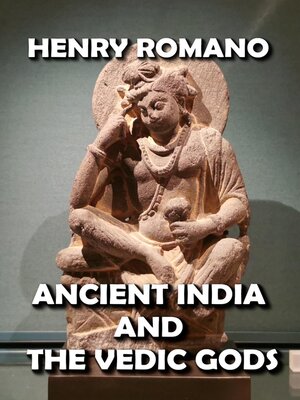
Sign up to save your library
With an OverDrive account, you can save your favorite libraries for at-a-glance information about availability. Find out more about OverDrive accounts.
Find this title in Libby, the library reading app by OverDrive.



Search for a digital library with this title
Title found at these libraries:
| Library Name | Distance |
|---|---|
| Loading... |
These four Vedas comprise a highly developed religious system - the Rig, Sama, Atharva, and Yajur Vedas. Through the worship of the demigods, or the Vedic gods, these Vedas were primarily intended to encourage the satisfaction of material desires. Thus, the Vedas clearly explain how to perform the required worship and sacrifices or rituals to these devas (demigods) to receive the blessings required to increase one's power and position or reach the heavens in the future or for other purposes.
The point is that the devas participate and affect all universal management and activities, including the weather or who is blessed with certain opulence, such as riches, beautiful spouses, large families, good health, etc. A person could worship Agni to gain power, Durgadevi to obtain good fortune, Indra to have a healthy sexual life, or Vasus to earn money. Karma-kanda is the section of the Vedas that many consider the most essential part of Vedic teachings. Thus, people will be able to live a good life and enjoy a decent existence. Of course, various actions, or karmas, are motivated by our aspirations to achieve specific results. Several sections in the Vedas deal with Karma-Kanda. Although this is not the complete understanding of the karma-kanda segment, which provides rituals for purifying our minds and actions in pursuit of our desires, and not limiting ourselves to only acquiring everything that one needs from the demigods. One's habits and thoughts become purified when one has faith and steadiness in the performance of the ritual. As one becomes pure and free of those desires, one gradually acquires one's needs and assuages one's desires. When we purify our consciousness, we can achieve a higher level of spiritual activity. The karma-kanda rituals had this higher purpose. Unless one recognizes this, one misses the point and remains attached to ways to satisfy material desires, which will keep one in earthly existence.







